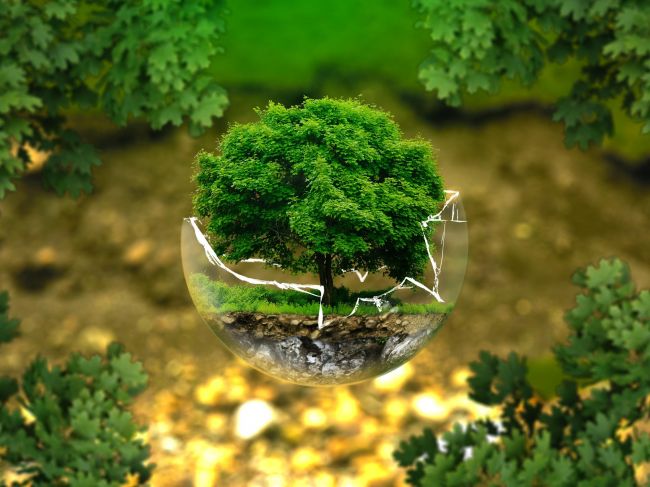

Insects can have an impact on the environment, whether good or bad. Insect breeding is Good for the plan. On average, 2kg of food is needed to produce 1kg of insects, while Cattle require 8kg of food to produce 1kg of meat. That is, fewer foods are needed to produce Of insects than of meat. In addition, gas discharges, Are less important in insects than in cattle. By way of example, pigs produce between 10% and 100 times more greenhouse gases per kilogram compared to locust breeding. Finally, insects require much less water than conventional cattle breeding (pigs, cattle). Several scientific studies have made it possible to highlight the links between entomophagy and the maintenance of biodiversity. In Malawi, controlled consumption and harvesting A caterpillar species allowed the safeguarding of their hooped tree and thus the preservation of the caterpillar. Whether insect pest control, For food purposes, Develops, a large majority, Of the species of insects consumed In Asia or in Africa is the result of precaution in natural environments. Uncontrolled, these specimens may endanger species. Breeding makes it possible to reduce pre-emergence in the natural environment by a reliable supply of edible insects. Livestock can also reduce organic pollution by recycling agricultural and forestry waste in high - quality feedstuffs.